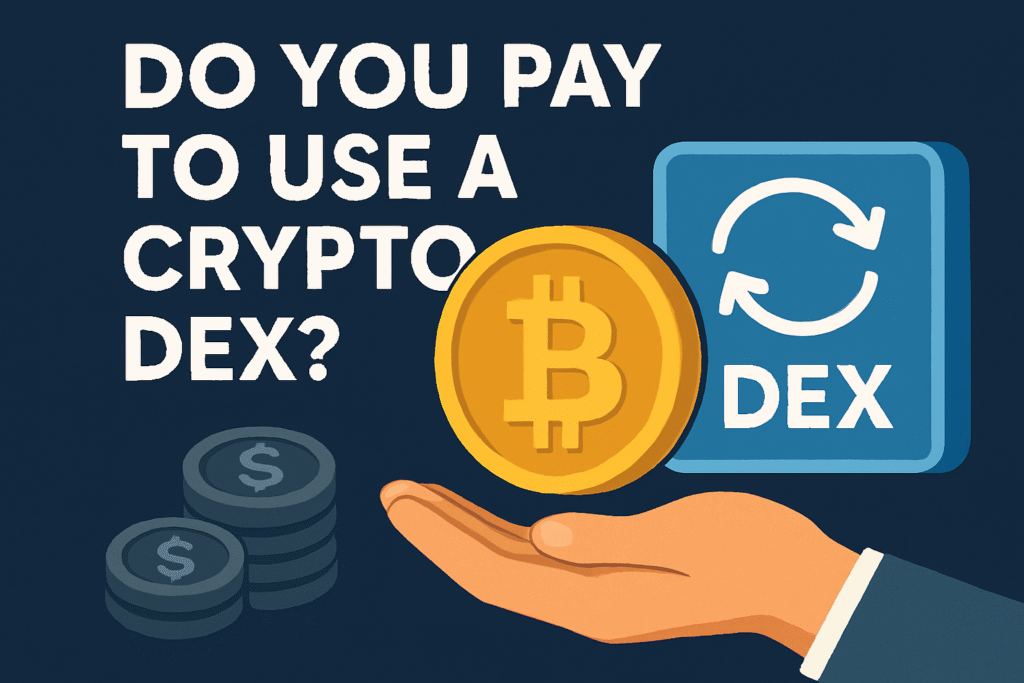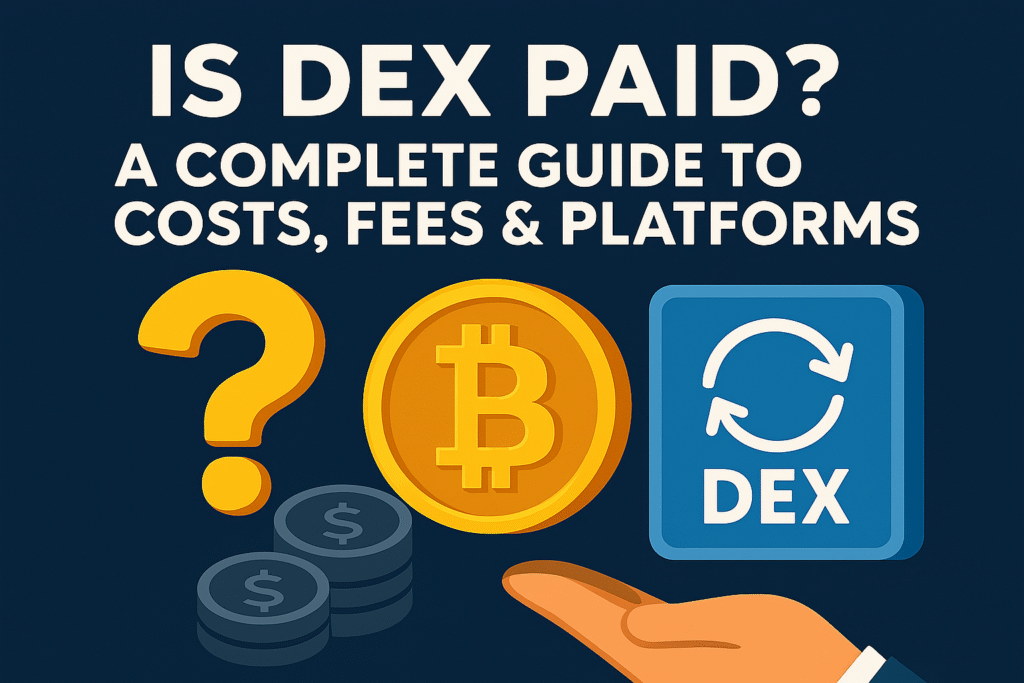The question “is DEX paid?” has no single answer. The term DEX applies to different products and platforms. You may encounter it in CRM software, DJ mixing tools, crypto exchanges, or enterprise systems. Each context carries its own cost model. You need clarity before you commit.
What Does Dex CRM Cost?
Dex.com offers a personal CRM that helps you manage contacts and relationships.
- Free plan: Basic features for individuals.
- Pro plan: $12 per month, billed annually. Includes calendar sync, reminders, and advanced insights.
Verdict: You can start free, but premium features require payment.
According to SaaS industry data, over 65% of CRM users upgrade to paid tiers within the first year, showing the limits of free plans.
How Much Does DEX DJ Software Cost?
PCDJ DEX 3 is a professional DJ and video mixing suite.
- DEX 3 Pro: $199 license, valid for three computers.
- DEX 3 LE: Free, but stripped down.
- DEX 3 RE: Paid entry-level edition for beginners.
Verdict: A free version exists, but serious DJs pay for Pro.
The global DJ software market is valued at $400M+ in 2025, and premium editions dominate sales.
Do You Pay to Use a Crypto DEX?

A Decentralized Exchange (DEX) lets you trade crypto directly on the blockchain. Access is free, but every action has a cost.
- Network fees (gas): Paid to the blockchain. On Ethereum, average gas fees range from $2 to $15 per transaction depending on network load.
- Trading fees: Platforms like Uniswap charge ~0.3% per swap.
- Liquidity provider costs: You can earn fees, but face risks such as impermanent loss.
Verdict: You never pay to sign up, but every trade costs money.
Did you know? In 2024, DEXs processed over $1 trillion in trading volume, proving that users accept fees for decentralization and control.
What About DeX in E‑Commerce?
Some platforms, such as Daraz, use DeX branding for tokenized payments. Costs depend on:
- Buying tokens like ETH, BTC, SOL, or BNB.
- Cross‑chain swaps (ETH → ARBETH, OETH, BASEETH).
- Brokerage or wallet transfer fees.
Verdict: Payments are unavoidable, since token purchases and swaps always carry costs.
Is Digital Asset Experience (DEX) Paid?
In enterprise software, DEX = Digital Asset Experience. Vendors position it as part of Digital Asset Management (DAM).
- Pricing depends on storage, integrations, and number of users.
- Costs scale into thousands of dollars per year for large teams.
Verdict: Enterprise DEX is fully paid, with premium SaaS pricing.
Gartner reports that 70% of enterprises now invest in DAM or DEX solutions to streamline digital workflows.
How Do All DEX Meanings Compare?
| DEX Context | Free? | Paid? | Typical Costs |
| Dex CRM | Yes (basic) | Yes ($12/mo Pro) | Subscription |
| DEX 3 DJ Software | Yes (LE) | Yes ($199 Pro, RE lower) | One‑time license |
| Crypto DEX (DeFi) | Yes (access) | Yes (fees) | Gas + trading fees |
| DeX Daraz / Token Swaps | No | Yes | Token + swap fees |
| Digital Asset Experience (DAM) | No | Yes | Enterprise SaaS |
What Should You Remember?
- Is DEX paid? Almost always, in some form.
- Crypto DEXs: Free to access, but every trade costs gas and fees.
- Software DEXs: Freemium models, with premium tiers.
- Enterprise DEX: Fully paid, high‑cost SaaS.
The bottom line: DEX is never truly free. You either pay in subscriptions, licenses, or transaction fees.
Final Thoughts
Decentralized exchanges (DEXs) have transformed the way traders interact with crypto markets. While they eliminate intermediaries and give users full custody of their assets, they are not entirely free. Network gas fees, liquidity provider incentives, and occasional platform charges still apply.
The key takeaway:
- You don’t pay a centralized exchange fee, but you do cover blockchain transaction costs and sometimes liquidity-related fees.
- Costs vary depending on the blockchain (Ethereum vs. Layer‑2 vs. other chains).
- For active traders, optimizing when and where you trade can significantly reduce expenses.
In short, DEXs offer freedom and transparency, but understanding the true cost of use is essential for smart portfolio management.
FAQs
1. Are DEXs completely free to use?
No. While DEXs don’t charge traditional trading fees like centralized exchanges, you still pay blockchain gas fees and sometimes liquidity provider fees.
2. What is the biggest cost when using a DEX?
Gas fees. On networks like Ethereum, these can spike during congestion, making trades expensive.
3. Can I avoid paying gas fees?
Not entirely. However, you can reduce them by trading on Layer‑2 solutions (e.g., Arbitrum, Optimism) or alternative blockchains with lower fees (e.g., Solana, BNB Chain).
4. Do all DEXs charge the same fees?
No. Each DEX has its own fee structure. Some charge a small percentage per swap (e.g., 0.3%), while others rely solely on network fees.
5. Is using a DEX cheaper than a centralized exchange (CEX)?
It depends. For small trades, CEXs may be cheaper due to lower fees. For larger trades and long‑term holders, DEXs can be more cost‑effective since you avoid withdrawal and custody fees.
6. Who earns the fees on a DEX?
Typically, liquidity providers (LPs) earn swap fees, while gas fees go to blockchain validators or miners.
QuickFast — your go-to for sharp insights in tech, finance, lifestyle & beyond.



